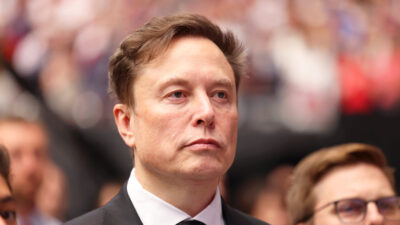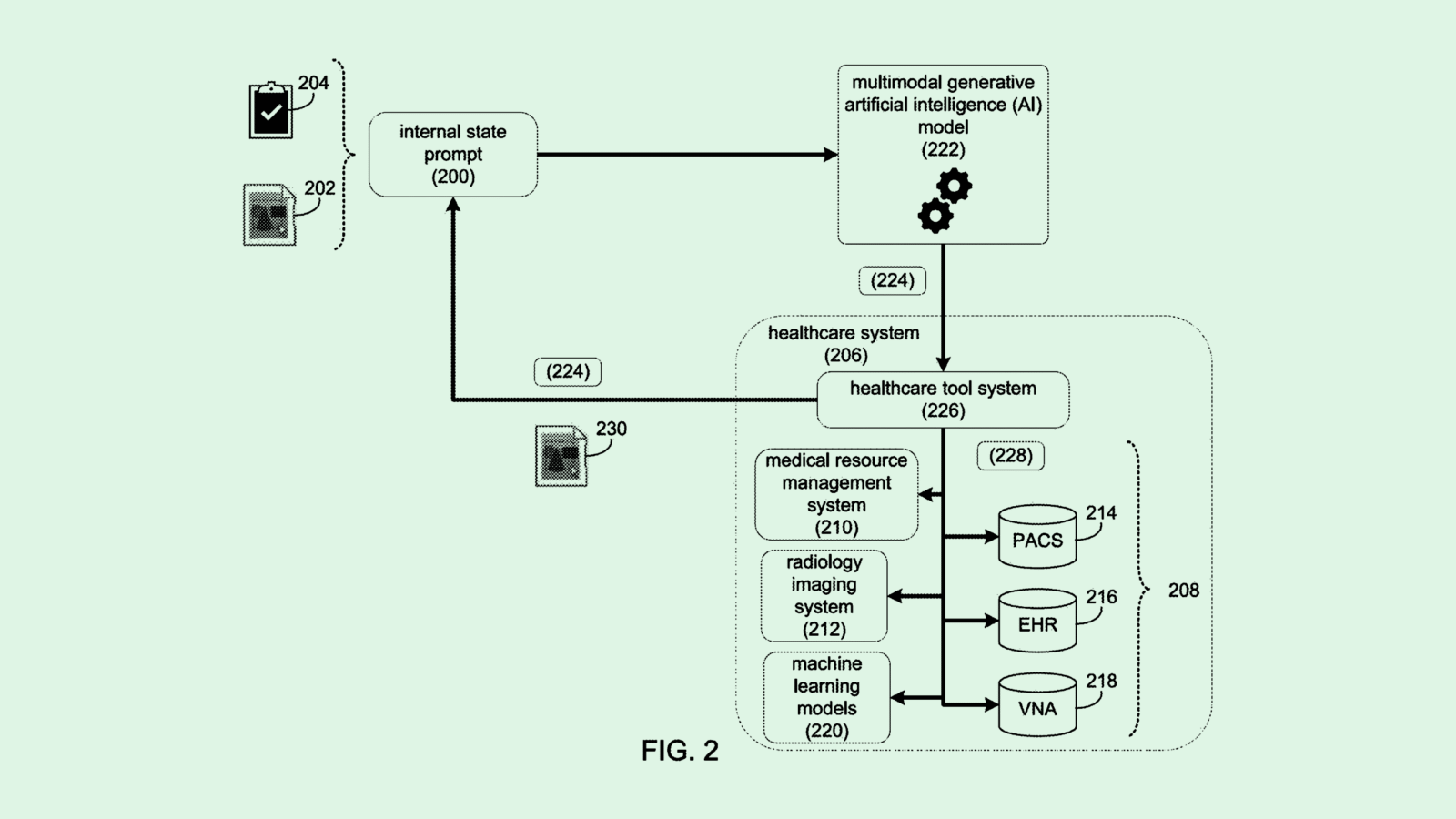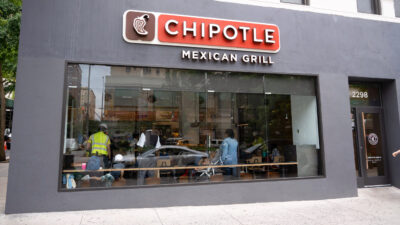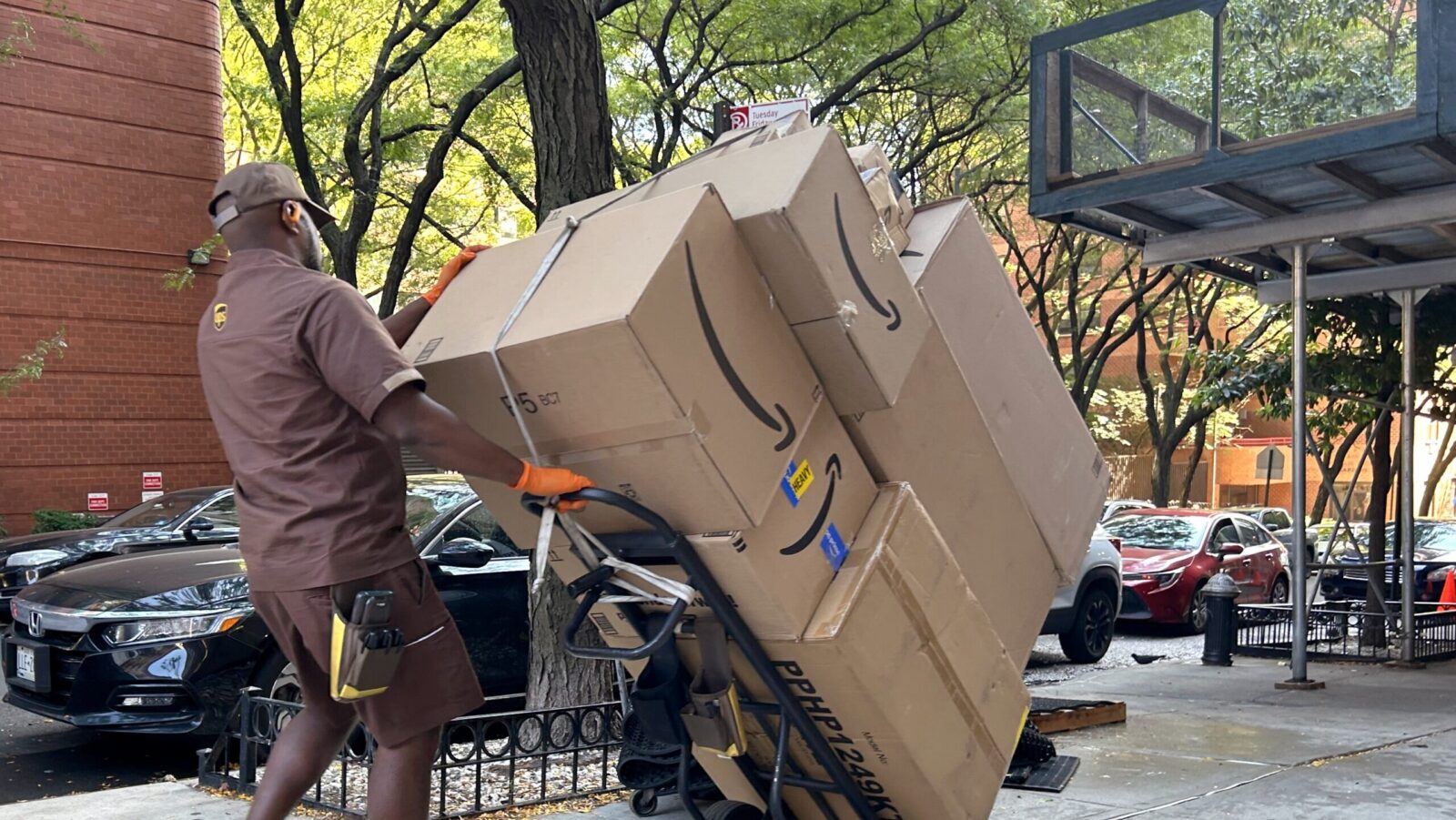Industries
-
US Tariffs Chew a Hole in Retailers’ (and Shoppers’) Christmas Stockings

Photo illustration by Connor Lin / The Daily Upside, Photos by Sabelskaya and Gyzele via iStock
Get More Than News. Get Insights.
Our daily email brings you smart and engaging news and analysis on the biggest stories in business and finance. For free.
-
Microsoft Wants to Strengthen Clinical AI

Photo via U.S. Patent and Trademark Office















